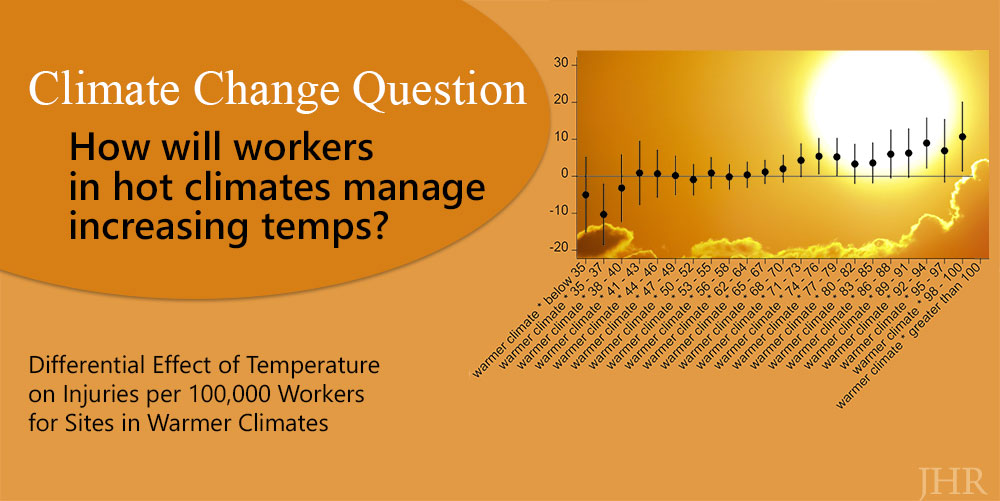Efficiency vs. Equity? A Reform to Reduce WIC Costs Impacts Access
Many U.S. safety net programs provide in-kind benefits and contract with private vendors to deliver these benefits. Such public–private partnerships can pose a challenge for equity and efficiency because vendors’ incentives do not always align with what is best for the program beneficiaries. But we have relatively little evidence on these trade-offs.
Katherine Meckel, Maya Rossin-Slater, and Lindsey Uniat study a cost containment reform in the Special Supplemental Nutrition Program for Women, Infants, and Children (WIC), the chief U.S. public program that targets the health and nutrition of low-income pregnant women and children under age five. The WIC program distributes its benefits via quantity vouchers, which recipients redeem at participating grocery and convenience stores. Because beneficiaries receive a fixed quantity of food, they are unaffected by pricing, so stores have an incentive to increase prices.
The team studied a 2012 reform to reduce vendor prices in California’s WIC program. They found that the reform dramatically reduced the number of participating small vendors. The reform disproportionately adversely impacted first-time and foreign-born mothers—not having a small vendor in their ZIP code of residence reduced their access to WIC benefits.
What needs to change? According to the authors, “Our findings thus highlight the inequitable impacts of a reform designed to increase efficiency in the program.”
Read the study in the Journal of Human Resources: “Efficiency versus Equity in the Provision of In-Kind Benefits: Evidence from Cost Containment in the California WIC Program” by Katherine Meckel, Maya Rossin-Slater, and Lindsey Uniat.
***
Katherine Meckel (@katherinemeckel) is an assistant professor of economics at University of California, San Diego, a faculty research fellow at the National Bureau of Economic Research, and a research network affiliate at CESifo. Maya Rossin-Slater (@maya_rossin) is an associate professor in the Department of Medicine at Stanford University School of Medicine, a faculty research fellow at the National Bureau of Economic Research, and research affiliate at the IZA Institute of Labor Economics. Lindsey Uniat is a PhD candidate in the Economics Department at Yale University.




